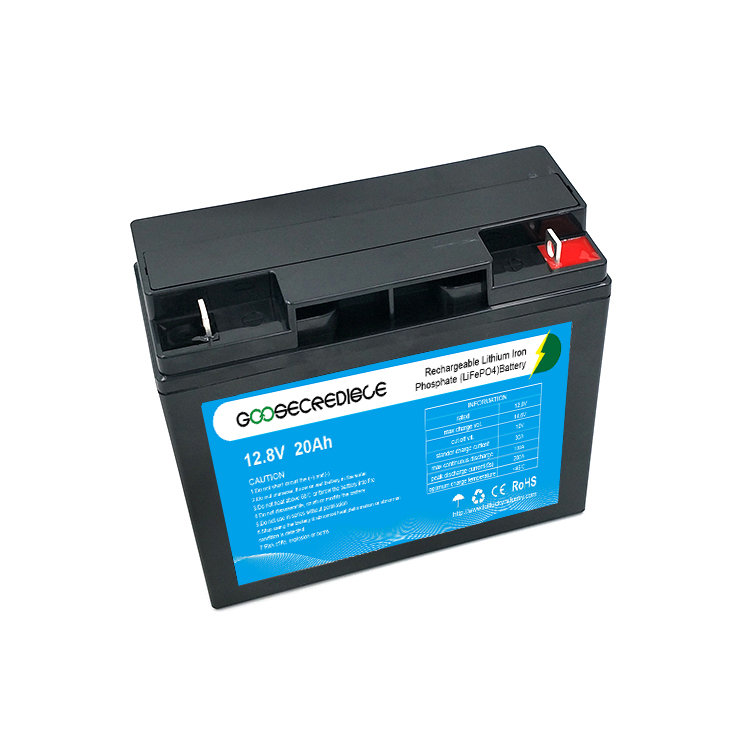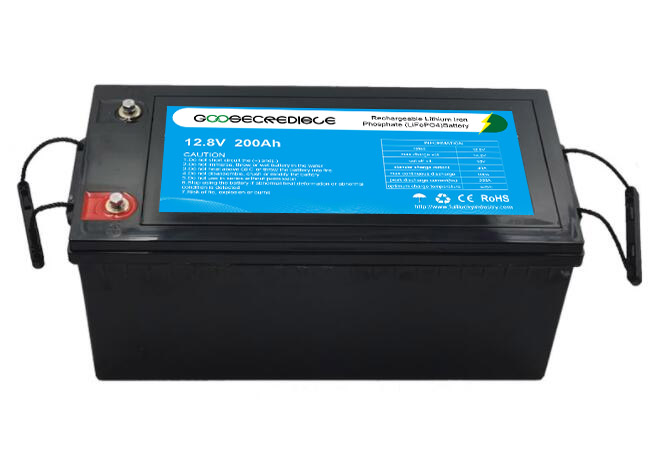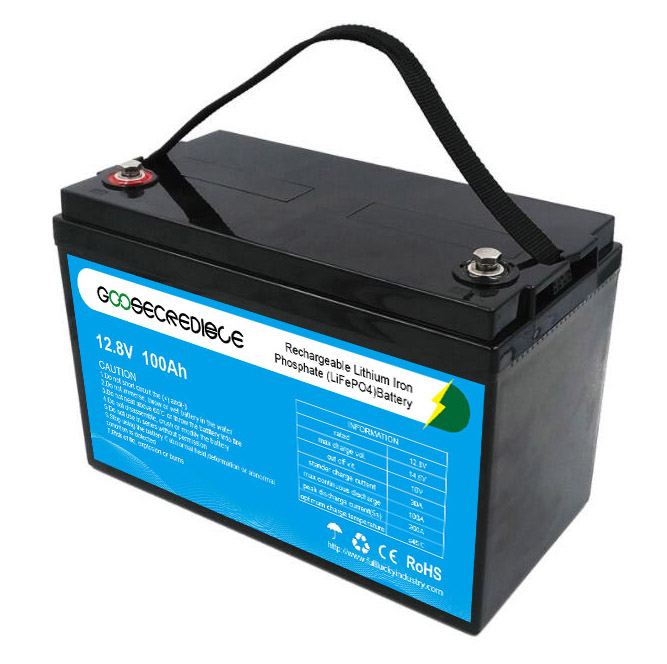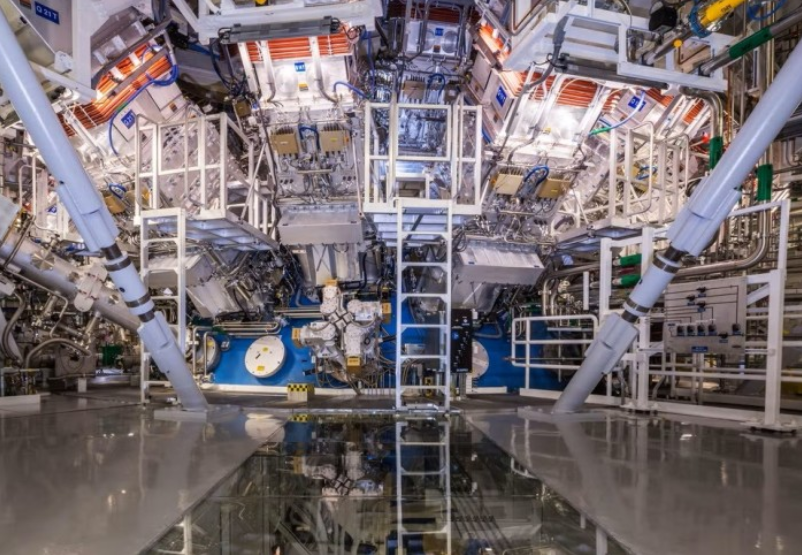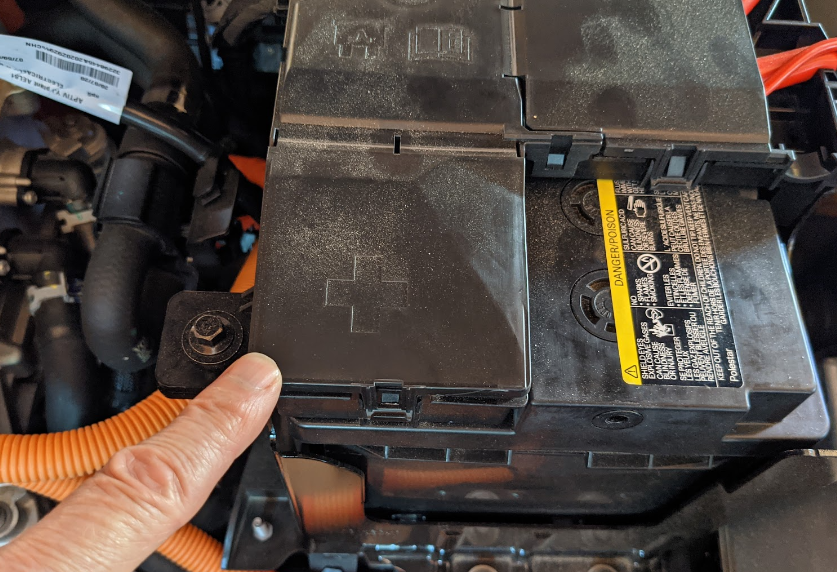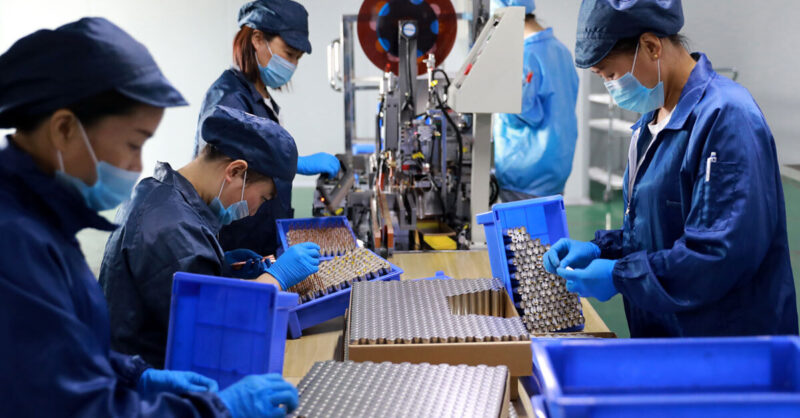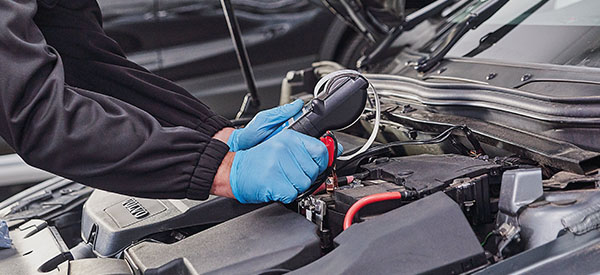How to Choose the Best Lifepo4 Battery Supplier for Your Business Needs
Lithium Iron Phosphate (LiFePO4) batteries are becoming increasingly popular in various industries, from electric vehicles to renewable energy systems. With the growing demand for this technology, choosing the right supplier becomes crucial. A reliable supplier not only ensures high-quality products but also provides timely delivery and competitive pricing. Here are some factors to consider when choosing the best LiFePO4 battery supplier for your business needs.
Quality Control Standards
The quality of LiFePO4 batteries depends on the manufacturing process, and a reliable supplier must have strict quality control standards in place. Look for suppliers who have certifications such as ISO 9001, ISO 14001, or UL. These certifications ensure that the supplier follows specific quality control protocols, and their products meet international standards.
Range of Products
Different businesses have varying needs, and a good LiFePO4 battery supplier should offer a wide range of products to cater to these needs. Whether you need batteries for electric vehicles, solar energy systems, or backup power, the supplier should have a variety of options to choose from. Also, ensure that the supplier can provide customized solutions to meet your specific requirements.
Manufacturing Capacity
The supplier’s manufacturing capacity is another crucial factor to consider. A reliable supplier should have a large production capacity to meet your needs promptly. Also, they should have advanced manufacturing equipment and processes to ensure consistent quality.
Pricing and Payment Terms
Pricing is a critical factor when choosing a LiFePO4 battery supplier, but it should not be the only consideration. Look for suppliers who offer competitive prices without compromising on quality. Additionally, the supplier should have flexible payment terms that suit your business’s financial needs.
Delivery Time and Logistics
The supplier’s delivery time and logistics play a significant role in ensuring that your business operations run smoothly. Look for suppliers who have efficient delivery systems and can provide timely delivery. Additionally, they should have reliable logistics partners to ensure that the products reach you safely and on time.
After-Sales Service
A reliable LiFePO4 battery supplier should provide excellent after-sales service. This includes technical support, product warranty, and replacement options. Ensure that the supplier has a responsive customer service team that can address any issues promptly.
Reputation and Customer Reviews
The supplier’s reputation and customer reviews can give you an idea of their level of customer satisfaction. Look for suppliers who have a good reputation in the industry and positive customer reviews. You can check online forums, social media platforms, and review sites to get feedback from other customers.
In conclusion, choosing the right LiFePO4 battery supplier is crucial to the success of your business operations. By considering factors such as quality control standards, range of products, manufacturing capacity, pricing, delivery time, after-sales service, and reputation, you can make an informed decision and find a reliable supplier that meets your business needs.
Time: 2024-9-5
In the wave of energy technology, lithium batteries, with their high energy density, long cycle life and environmental protection characteristics, have become an important support for the development of modern science and technology. The production of lithium batteries is not only an in-depth dialogue between precision technology and material science, but also a vivid interpretation of the concept of green, efficient and sustainable development. This article will explore the secrets of lithium battery production in terms of material selection, production process, and quality control. The Cornerstone of Materials Science The performance of lithium batteries depends first and foremost on the selection of their constituent materials. Positive electrode materials, negative electrode materials, electrolytes and diaphragms are all carefully selected and strictly proportioned. In terms of positive electrode materials, ternary materials and lithium iron phosphate are the two main choices, each of which has different advantages in terms of energy density, safety performance and cost effectiveness. The negative electrode material is mainly graphite, but with the advancement of technology, silicon-based negative electrode materials have attracted much attention due to their high theoretical capacity. As a medium for ion transfer, the electrochemical stability, conductivity and thermal stability of the electrolyte are directly related to the performance and safety of the battery. In addition, as a physical barrier between the positive and negative electrodes, the quality and performance of the diaphragm cannot be ignored. Precision Technology The lithium battery manufacturing process is closely linked to a series of precision processes. Starting with the positive...
Time: 2023-4-13
A reliable car starter battery is an essential component of any vehicle. It is responsible for providing the power needed to start the engine and keep the electrical systems running while on the road. Without a reliable battery, your car won’t be able to start, and you may find yourself stranded on the side of the road. In this article, we will discuss the importance of a reliable car starter battery and how to choose the right one for your vehicle. Why is a Reliable Car Starter Battery Important? A reliable car starter battery is important for several reasons. Firstly, it is responsible for providing the initial burst of energy needed to start the engine. This means that if your battery is weak or dead, your car won’t start. Secondly, the battery is responsible for keeping the electrical systems running while your car is in use. This includes things like the lights, radio, and air conditioning. Finally, a reliable car starter battery is important for safety reasons. It provides the power needed to operate the safety systems in your vehicle, such as the airbags. How to Choose the Right Car Starter Battery When choosing a car starter battery, there are several factors to consider. These include the type of battery, the size of the battery, and the brand. Type of Battery There are two main types of car starter batteries: lead-acid batteries and lithium-ion batteries. Lead-acid batteries are the most common type...
Time: 2023-11-22
With the advancement in technology, the power demands of military equipment have increased significantly. To ensure the efficient functioning of these devices, the use of cutting-edge power solutions has become essential. One such solution is the military lithium battery, which offers numerous advantages over traditional power sources. In this article, we will explore the various features and benefits of military lithium batteries, along with their applications in military equipment. Features of Military Lithium Batteries: 1. High Energy Density: Military lithium batteries have a higher energy density compared to other batteries. This means they can store more energy in a smaller and lighter package, making them ideal for military equipment that requires compact and lightweight power sources. 2. Long Cycle Life: These batteries have a longer cycle life, meaning they can be charged and discharged more times before needing replacement. This feature is crucial in military operations where the equipment needs to perform reliably for extended periods without any power failures. 3. Quick Charging: Military lithium batteries can be charged at a faster rate compared to other conventional batteries. This feature is crucial in the field, where rapid recharging is necessary to ensure uninterrupted power supply during critical missions. 4. Wide Operating Temperature Range: These batteries can operate efficiently in extreme temperature conditions, ranging from -40°C to +70°C. This feature is essential for military equipment that operates in various climates and environments, ensuring reliable power in any situation. 5. Low Self-Discharge Rate: Military lithium batteries have...
Time: 2023-5-27
A Lifepo4 battery pack is a type of rechargeable battery that is designed to provide long-lasting power for a variety of applications. These batteries are known for their high energy density, low self-discharge rate, and long cycle life, making them an ideal choice for use in electric vehicles, home energy storage systems, and other industrial applications. One of the key advantages of a Lifepo4 battery pack is its superior safety features. Unlike other types of rechargeable batteries, such as lithium-ion or nickel-cadmium, Lifepo4 batteries are much less prone to overheating or catching fire. This is due in part to their unique chemical composition, which is less volatile and less likely to undergo a thermal runaway reaction. In addition to their safety benefits, Lifepo4 batteries are also highly efficient. They are able to store and discharge energy at a higher rate than other types of batteries, which makes them well-suited for high-power applications. They also have a longer cycle life than many other rechargeable batteries, meaning they can be recharged and discharged many times before needing to be replaced. When it comes to selecting a Lifepo4 battery pack, there are several factors to consider. One of the most important is the capacity of the battery, which is measured in amp-hours (Ah). This indicates how much energy the battery can store and is an important consideration for applications that require a lot of power, such as electric vehicles or home energy storage systems. Another important factor to consider...
Time: 2023-5-3
The world of motorcycles has evolved significantly over the years, and with the advent of new technology, it has become essential for bikers to have a reliable and durable battery that can provide optimal power and performance. That's where the LiFePO4 motorcycle battery comes in. LiFePO4 (Lithium Iron Phosphate) is a type of lithium-ion battery that is known for its high energy density, long cycle life, and excellent thermal stability. These properties make it an ideal choice for powering motorcycles, ensuring maximum performance and reliability. One of the most significant advantages of LiFePO4 motorcycle batteries is their weight. They are significantly lighter than traditional lead-acid batteries, making them ideal for use in motorcycles. This reduced weight not only makes the bike more comfortable to handle but also improves fuel efficiency, reducing the overall cost of ownership. Another significant advantage of LiFePO4 motorcycle batteries is their ability to deliver high power output consistently. This property is vital for bikers who require quick acceleration and high-speed riding. With a LiFePO4 battery, riders can enjoy optimal power and performance, even in challenging riding conditions. LiFePO4 batteries also have a much longer cycle life than traditional lead-acid batteries. They can withstand more charge and discharge cycles, making them ideal for use in motorcycles that are frequently used or stored for long periods. This feature not only reduces the cost of battery replacement but also provides greater convenience and peace of mind to bikers. In addition to...
Time: 2023-6-13
In today's fast-paced world, reliable power supply is of paramount importance. Whether it is for personal or professional use, uninterrupted power supply is a must-have. This is where the High-Capacity 12V 100Ah LiFePO4 Battery comes into play. This battery is a game-changer, offering exceptional power supply and longevity. The High-Capacity 12V 100Ah LiFePO4 Battery is a Lithium Iron Phosphate (LiFePO4) battery. This type of battery is known for its high energy density, long cycle life, and excellent safety features. The LiFePO4 battery chemistry is also known for its stability, making it a popular choice for many applications. One of the key advantages of the High-Capacity 12V 100Ah LiFePO4 Battery is its high energy density. This means that it can store more energy in a smaller space compared to traditional lead-acid batteries. This makes it ideal for applications where space is limited, such as in RVs, boats, and other vehicles. Another advantage of the High-Capacity 12V 100Ah LiFePO4 Battery is its long cycle life. Unlike lead-acid batteries that have a limited cycle life, the LiFePO4 battery can last up to ten times longer. This means that you will not have to replace your battery as often, saving you money in the long run. Safety is also a top priority with the High-Capacity 12V 100Ah LiFePO4 Battery. The LiFePO4 chemistry is known for its stability and safety features. It is less prone to thermal runaway and does not contain toxic or hazardous materials. This makes it a safer...
Time: 2023-5-29
In today's world, staying connected is essential. Whether you're out on the road or camping in the great outdoors, having a reliable power source is crucial to keep your devices charged and ready to go. This is where the 24V on-board battery charger comes in, providing an efficient and convenient way to power up your devices anywhere. Designed for use in a range of vehicles, including boats, RVs, and trucks, the 24V on-board battery charger is a versatile piece of equipment that offers a range of benefits. Here are just a few of the reasons why you might consider investing in one. Efficient Charging One of the key benefits of the 24V on-board battery charger is its efficiency. With advanced charging technology, this device can charge your batteries quickly and effectively, ensuring that you don't have to wait around for hours to get your devices back up to full power. What's more, the 24V on-board battery charger is designed to be energy-efficient, so you won't have to worry about it draining your vehicle's battery or adding to your energy costs. Convenient Design Another great feature of the 24V on-board battery charger is its convenient design. This device is designed to be compact and lightweight, making it easy to install and use in a range of vehicles. Whether you're on the road, at the campground, or out on the water, the 24V on-board battery charger is a convenient and reliable way to charge your devices....
Time: 2023-6-20
A deep cycle battery is a type of battery that is designed to discharge a significant portion of its stored energy capacity before being recharged. Unlike regular batteries, which are commonly used in devices that require short bursts of energy, deep cycle batteries are used in applications that require continuous and long-term power supply. These batteries are used in a variety of industries, including marine, automotive, and renewable energy. Deep cycle batteries are made up of multiple cells, each of which contains lead plates that are immersed in an electrolyte solution. When the battery is charged, a chemical reaction takes place between the lead plates and the electrolyte solution, which creates the stored energy. When the battery is discharged, the reverse chemical reaction occurs, which releases the stored energy. One of the main advantages of deep cycle batteries is their ability to withstand frequent deep discharges without damaging the battery. This makes them ideal for applications that require a reliable and long-lasting power source. For example, marine vessels rely on deep cycle batteries to power their electrical systems, including the lights, radios, and navigation equipment. Another advantage of deep cycle batteries is their ability to be recharged multiple times without losing their capacity. This is because the lead plates inside the battery are thicker than those in regular batteries, which makes them more resilient to wear and tear. Additionally, deep cycle batteries can be charged at a slower rate than regular batteries, which reduces the risk of...






